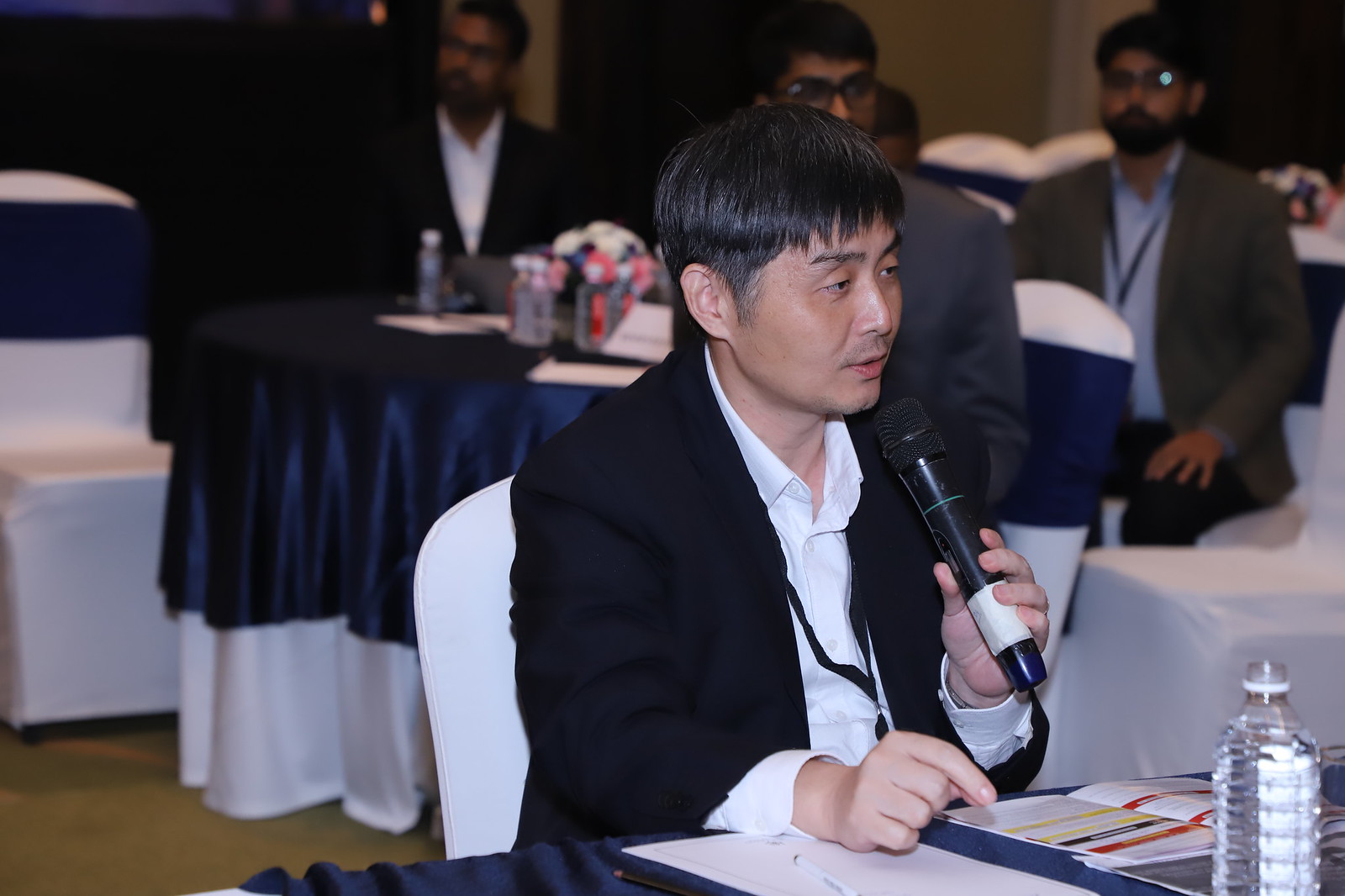China has been silently adjusting its strategic concerns over the years in accordance with changes in domestic and international contexts. The diplomatic focus on third world countries during Mao Zedong's era has taken a renewed form in Xi Jinping's era with the focus on the global south. In the 1990s and early 2000s, China’s foreign policy guidelines seemed unchanged with peaceful development as its ultimate goal and cooperation based on mutual interest as principles for bilateral and multilateral relations. In Jiang Zemin and much of Hu Jintao’s time, China’s ambition of projecting global influence was constrained by its inward-looking focus on poverty alleviation, economic reforms and urbanisation. During Xi’s time, however, China has been adjusting its foreign policy to face rapidly-expanding overseas presence and higher expectations from the international community for more responsibilities to be shouldered by China.
While China has become the second largest economy in the world, it still posits itself as a developing country and a part of the global south. These global south countries have similar viewpoints on international governance, such as the emphasis on poverty alleviation, building infrastructure, technology transfer and aid. The global south is thus not just an economic concept - it also involves a country's political identity.
In 2013, Xi proposed the Belt and Road Initiative (BRI), an ambitious infrastructure project connecting China to several developing countries in Asia and Africa, as well as in Europe, by sea and land routes.
The initiative aims to support the economic development of countries along the route via large-scale infrastructure projects. Although it includes developed European economies, the BRI also focuses more on global south countries in Asia and Africa, which significantly overlaps with countries in the Indo-Pacific region which are part of the US's Indo-Pacific Strategy. The BRI is a concrete example of China's third world diplomacy in the Xi era, indicating China's renewed focus on third world countries. In recent years, China-US relations have become more tense, while the relationship between China and the rest of the West is no longer as it was before. Trade wars, tech blockades, shifts in industrial chain, border controls and de-risking have dramatically reduced the interdependence, interactions and exchanges between China and developed Western economies.
Under new circumstances, Chinese diplomacy faces new adjustments that could further elevate the importance of the global south or even propel it to the top of the list. Correspondingly, China's focus on foreign trade and investment could also shift to the global south. While the US, Europe and other developed economies had been China's long-standing top trading partners, ASEAN, which is part of the global south, became China's largest trading partner in 2020, with bilateral trade continuously reaching new highs since then.
China needs to cooperate with India, the most populous and largest economy in the Global South, to expand their influence in the Middle East, Africa, Latin America and elsewhere, enhancing the discourse power of developing countries in international affairs.
These remarks were presented by Dr. Chen Gang at the Global Conference for New Sinology (GCNS), 2024.



Author
Dr. Chen Gang
Dr. Chen Gang is Deputy Director and Senior Research Fellow of the East Asian Institute (EAI), National University of Singapore. Since he joined the EAI in 2007, he has been tracing China’s politics, foreign policy, environmental and energy policies and publishing extensively on these issues. He is the single author of Politics of Renewable Energy in China (Cheltenham, UK: Edward Elgar, 2019), The Politics of Disaster Management in China: Institutions, Interest Groups, and Social Participation (New York: Palgrave Macmillan, 2016), China’s Climate Policy (London and New York: Routledge, 2012), Politics of China’s Environmental Protection: Problems and Progress (Singapore: World Scientific, 2009) and The Kyoto Protocol and International Cooperation against Climate Change (in Chinese) (Beijing: Xinhua Press, 2008). His research papers have appeared in internationally-refereed journals such as Asian Survey, Asia Pacific Business Review, The Copenhagen Journal of Asian Studies, The International Spectator, The Polar Journal, China: An International Journal, The Chinese Journal of International Politics, and The Journal of East Asian Affairs. He provides consultancy for the Singapore government on environmental and energy issues in East Asia.